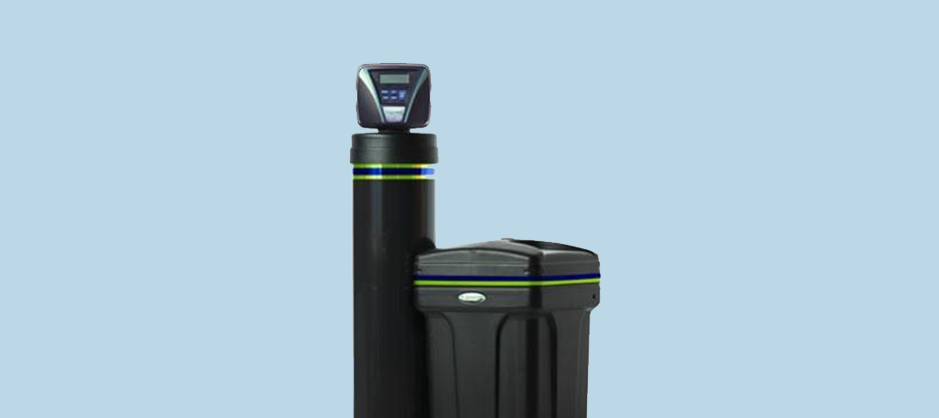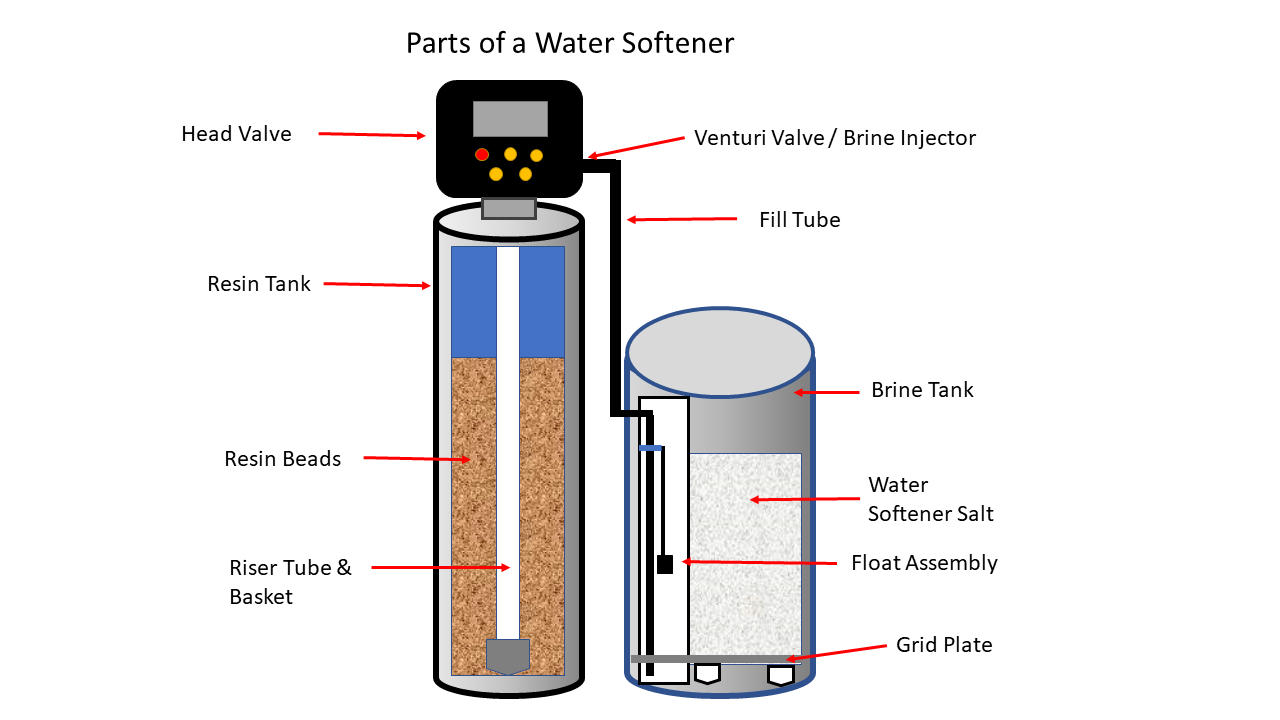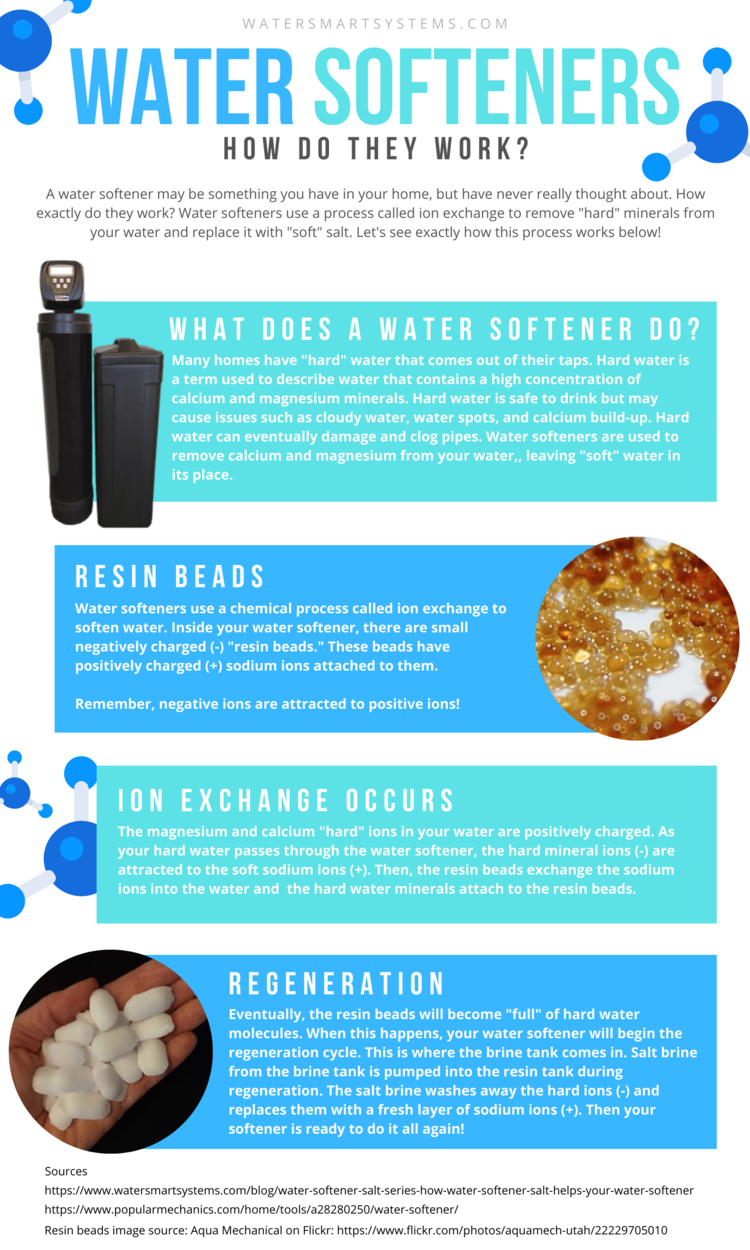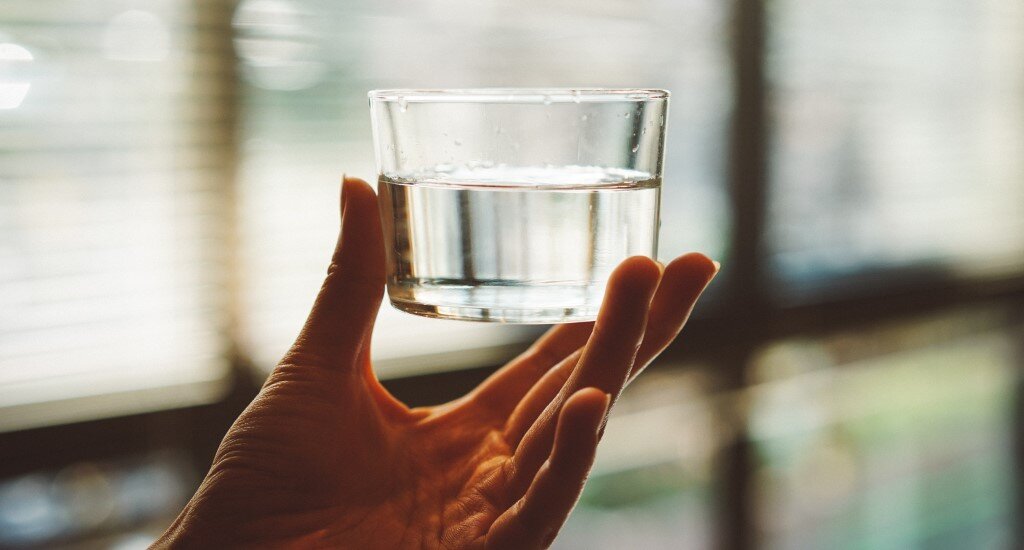Water softeners are one of the most common home water filter systems, especially if you live in an area that has hard water. Click on the following sections to learn more about water softeners and their benefits.
If you are looking for a quality water softener in the Waterloo region, contact us.
1. Why water softeners are ultimate home water filter systems
Water softeners are one of the best home water filter systems if you have hard water
Water softeners are the ultimate home water filter systems, especially if you live in a region that has hard water. By simply making your water soft, your water softener can solve a wide range of hard water problems in your home including:
Unsightly residue on tubs, showers, and faucets:
If your water is hard, then the soap that you use will not be able to dissolve and rinse away as well as it does if your water is soft. Instead, it will leave an unsightly residue that will adhere to surfaces like your tile, bathtub, sink, faucets, shower curtains and doors, and tub surrounds.
Dry and itchy skin and hair:
Like the previous issue, soap film will not properly rinse away from your skin and hair after bathing or showering. It will leave a film on your skin that will make both your skin and hair look dull and feel dry.
If you suffer from sensitive skin, then this film can also make your skin feel itchy. If you have skin problems such as psoriasis, then it could make it worse.
Hard water can cause dry and itchy skin
Dingy laundry:
Hard water will also prevent your laundry detergents from cleaning your clothes properly. In addition, the detergent won't rinse off your clothes completely which will leave them looking yellowish-gray and dingy.
Spotty dishes and flatware:
Another issue with hard water is that your dishes and flatware that go through your dishwasher or that air dry after handwashing will develop cloudy spots.
Your hot water heater will have a shorter lifespan:
Limescale from hard water will build upon the heating element of your hot water heater over time making it less effective for heating your water and reducing its lifespan from 8-10 to only 4-6 years.
In addition, mineral deposits will settle on the bottom of your tank reducing the space that the tank has for holding hot water which means you will have less available hot water.
Hard water can shorten the lifespan of your water heater
Damage to hot water appliances:
Other appliances that use hot water such as your dishwasher, electric kettle, and washing machine will also develop mineral build-up which will reduce their effectiveness and lifespan.
Plumbing issues:
Over time, hard water will also leave mineral buildups inside your plumbing pipes making them narrower and causing slower-moving drains, reduced water flow, and clogs. Mineral deposits inside your toilet tanks can also cause the working components to corrode thus reducing their lifespan.
2. How a water softener works
Water softeners remove minerals from your water that make it hard
If your water is hard, that means that it contains large amounts of dissolved minerals such as calcium and magnesium. A water softener will remove these minerals that cause your water to be hard. Here is how a water softener works.
1. Hard water is pumped into your water softener's resin tank
Hard water is pumped from your water line into your water softener's resin tanks which is full of resin beads. These beads have a negative charge.
2. Calcium and magnesium are removed from your water
The calcium and magnesium that make your water hard have a positive charge.
Once they enter your resin tank these positively charged minerals are attracted to the negatively charged resin beads and they stick to them. This process successfully removes the minerals from your water, making it soft.
3. Soft water is available for use in your home
The water that flows out of your resin tank is free from calcium and magnesium thus providing your home with soft water.
4. Your water softener performs a regeneration cycle
Periodically your water softener will perform a regeneration cycle where a salt solution from your brine tank will rinse the resin beads. The negatively charged sodium ions in salt have a strong enough negative charge so that they can attract and remove the positively charged minerals on the resin beads.
The calcium, magnesium and sodium are then flushed away down your drain. This process will clean your resin beads, making them ready once again to soften your water.
3. How water softeners compare to other home water filter systems
Water softeners are one of the most common home water filter systems available, however, there are other home water filter systems that filter different contaminants out of your water. These include:
Reverse Osmosis systems:
Reverse osmosis units are also great home water filter systems
Reverse osmosis systems purify water by forcing pressurized water through a very fine, plastic membrane. Reverse osmosis can remove dissolved solids, salts, minerals that cause hardness, organic chemicals and other impurities from your water. Learn more about reverse osmosis here.
Whole-House Declorinators:
If you have chlorine in your water, a dechlorinator can effectivly remove it.
Salt-free Water Softeners:
If you have mild scale build-up and hard water deposits and you are concerned about having salt in your diet, then a salt-free water softener may be an option. However, salt-based water softeners do not add significant amounts of salt into your drinking water.
4. How much water softeners cost
You can expect to pay anywhere from $600 to $3,000 and up for a water softener. The price you pay will depend on a number of factors including:
The type and quality of the softener you get
The size of softener you need (this will depend on the number of people in your household and the amount of water you use)
Whether the installation is included in the price or if it is extra.
5. Where to find the best water softeners
If you live in the Kitchener-Waterloo region, contact Watersmart. We sell and install high-quality water softeners that are also made in Canada. We know how to program your water softener for maximum efficiency as we are very experienced with the hard water challenges of this area. We are also are familiar with the types of water softener repairs that you might need.
In addition, we offer other effective whole house water filtration systems like reverse osmosis and dechlorinators.
Why Choose Watersmart?
WaterSmart has been serving the Waterloo region including, Kitchener, Cambridge, Guelph, Brantford, and surrounding areas since 1994. We can help you select the perfect home water filtration system for your particular needs.
We are committed to helping you improve the quality of your home's water. We live and work in the Kitchener-Waterloo region so we understand the hard water challenges of this area.
Want to learn more? Contact WaterSmart today to talk to one of our water systems experts.
“What a great experience!! I did a search on the internet, called regarding the price of a water softener and the next day it was installed and we had soft water again. Paul removed the old softener, installed and setup the new one and was out in just over an hour. He also noted that the grounding of water pipe was not done by previous installer and he corrected that as well. Cost was the same as softener that was installed 14 years ago - I am impressed.”










